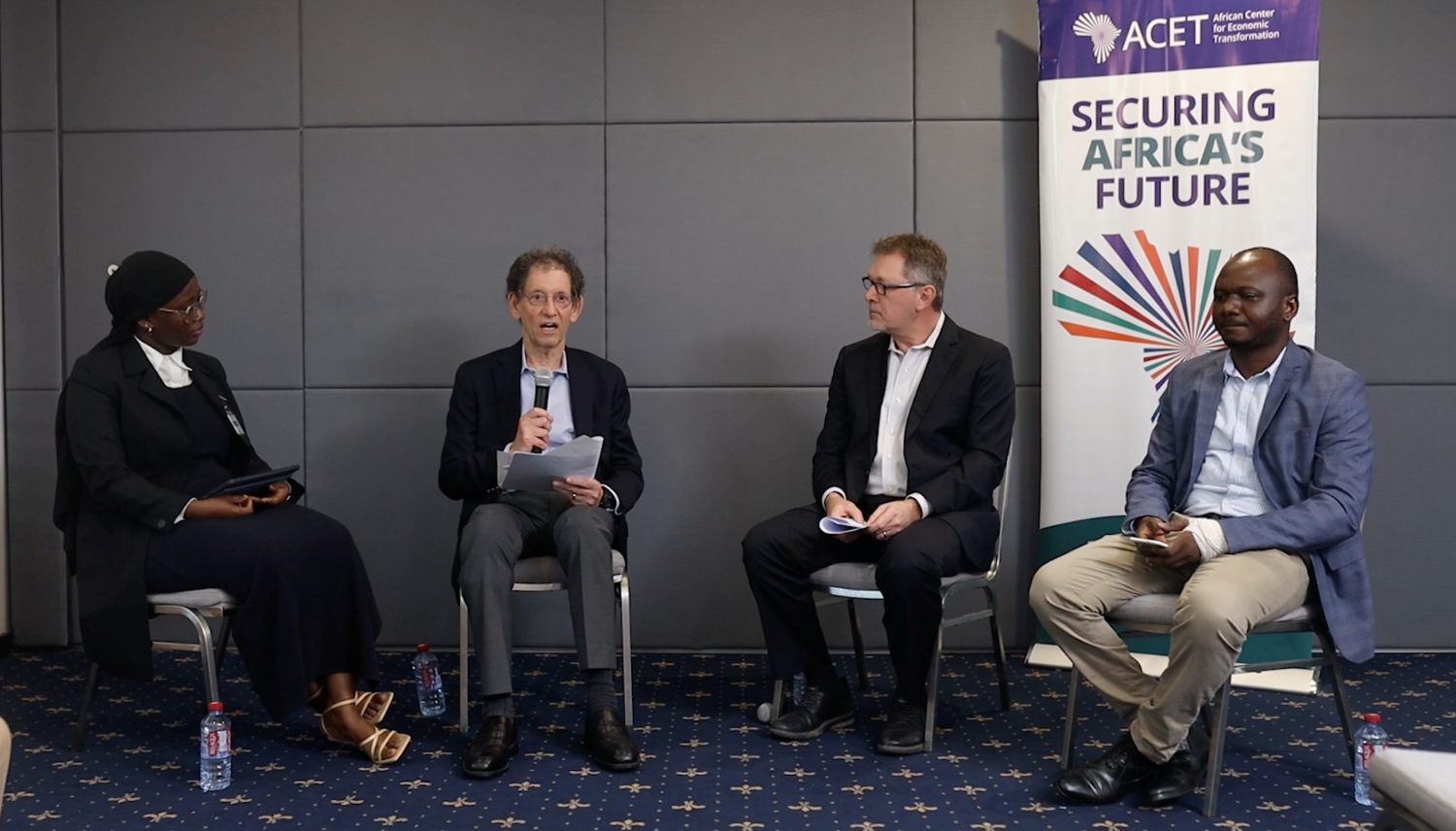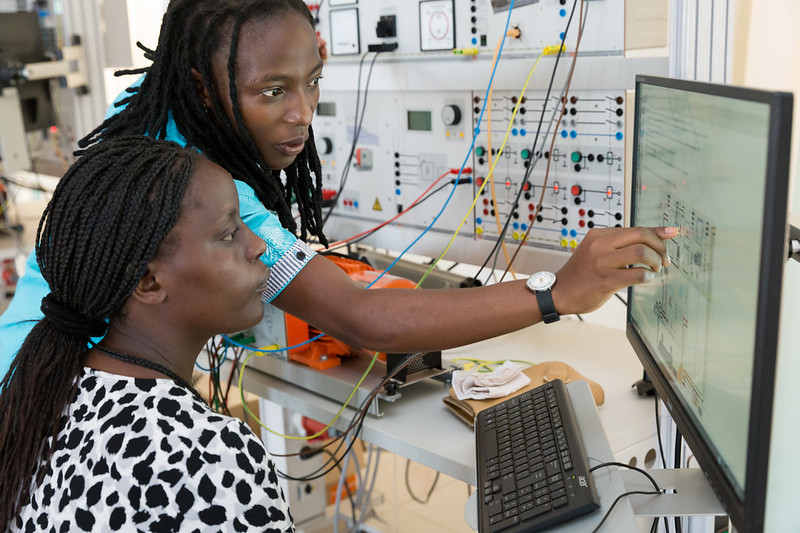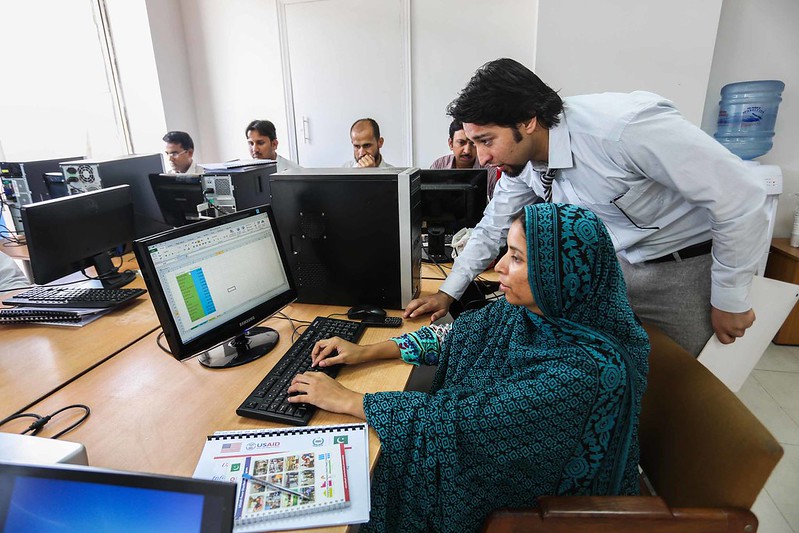November 09, 2011
 The Kenyan mobile phone--based system, M-PESA, is a financial service for the poor: it is a remarkable new way to transfer money. It has also been looked to with much hope as a platform for other financial services. People could use it to repay microcredit loans, deposit money in bank accounts, and buy insurance. Companies in Kenya were quick to spy the potential, and some have plunged in with services developed or adapted for use over M-PESA's network.An excellent new report from MicroSave (I think not gated, yay) examines experience to date with these attempts to "ride the M-PESA rails," that is, exploit the M-PESA infrastructure. So far the ride his been bumpy---things are not working so well. But the situation is evolving quickly, with many players alternately competing and cooperating, and a clear understanding of the problems, so perhaps the rails will be much smoother in a year.Some choice quotes:
The Kenyan mobile phone--based system, M-PESA, is a financial service for the poor: it is a remarkable new way to transfer money. It has also been looked to with much hope as a platform for other financial services. People could use it to repay microcredit loans, deposit money in bank accounts, and buy insurance. Companies in Kenya were quick to spy the potential, and some have plunged in with services developed or adapted for use over M-PESA's network.An excellent new report from MicroSave (I think not gated, yay) examines experience to date with these attempts to "ride the M-PESA rails," that is, exploit the M-PESA infrastructure. So far the ride his been bumpy---things are not working so well. But the situation is evolving quickly, with many players alternately competing and cooperating, and a clear understanding of the problems, so perhaps the rails will be much smoother in a year.Some choice quotes:Mwangi, a customer at one of Kenya’s largest banks, was initially pleased to learn he could deposit money in his [bank] account using M-PESA. He transferred Ksh.500 [500 shillings] and received instant confirmation that his money had left his M-PESA account—but it took another 24 hours for his bank to confirm the money had arrived in his savings account. This time lapse, during which he was not sure where his money was, made Mwangi sufficiently anxious that he has not used M-PESA since then for banking.You can see why many customers have chosen to save directly into their M-PESA accounts, which are maintained by the mobile phone company Safaricom, rather than proper bank accounts. Although M-PESA accounts are not covered by deposit insurance and do not bear interest, they feel more reliable and do not entail extra Safaricom-levied fees for transfers in and out the way separate bank accounts do.Barriers to reliable transactions include:
- Customer error. ...customers faced with several long number strings, invariably make mistakes. They type in the wrong business number key and their money is automatically transferred to a different “biller” (bank, MFI, insurance company). Or they key in the wrong account number and their money is credited to another customer. In the event that the biller or customer numbers do not exist, the money falls into a limbo “suspense accounts” between M-PESA and the destination biller. Meanwhile, customers cannot access their deposits....
- Processing delays. These delays are noted above and a problem for both Safaricom and the financial institutions. Both must verify customer input and crosscheck account information, but both are also unwilling to provide interim credit to the customer until final clearance. In addition, heavy traffic can cause delays in systems poorly designed to accommodate the ever-growing volume of users and transactions.....
- Reconciliation. Both sides must reconcile both sides of the transaction before the deposit or withdrawal is valid. The most complicated reconciliation apparently is a customer deposit from an M-PESA account into a bank or other destination account. [Financial institution] managers admit there are currently huge sums of money in “suspense accounts”.
In one case, the research team met an MFI borrower whose loan repayment was deposited into a golf club account. It took him three weeks and many visits to the golf club to get the money back into his M-PESA account!
Banks and other financial institutions are still puzzling how to make money from their M-PESA partnerships. Too many variables remain unresolved including: the on-going cost and maintenance of full system integration with Safaricom; M-PESA agent commissions and incentives for their own products and services; the cost analysis of their own branch and/or ATM expansion vs. their own bank agent expansion vs. their continuing support of the M-PESA channel; and finally, other more compelling reasons—beyond deposits, withdrawals and certain bill payments—for their customers to use the M-PESA channel. Everyone expresses the desire to achieve “scale” and “soon”, but they acknowledge they have more work to do, and more decisions to make, before they are ready to move forward.
Commercial banks...find themselves in a difficult bind. They have announced agreements with Safaricom and offered bank access via M-PESA to their customers. Nevertheless, system integration, reconciliation delays, potential loss of customer savings, suspense accounts, and other M-PESA-related costs and conflicts are significantly more complicated—and expensive—than any of them had bargained for when they signed these deals. Most of course think it is Safaricom’s responsibility to develop and pay for solutions to these problems. Safaricom is aware in turn that competition is increasing; customers understand they have other options, and regulators may be tightening controls. Better system integration may be a relatively painless way to keep its dominant position.
Disclaimer
CGD blog posts reflect the views of the authors, drawing on prior research and experience in their areas of expertise. CGD is a nonpartisan, independent organization and does not take institutional positions.





